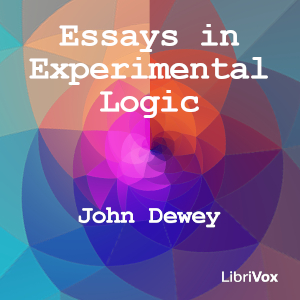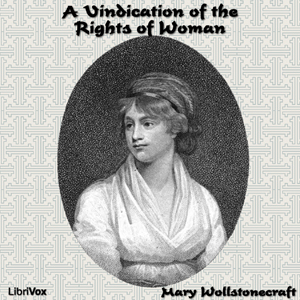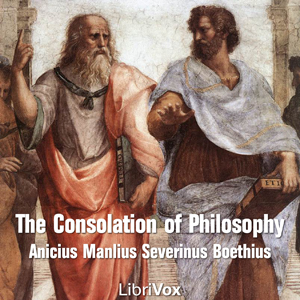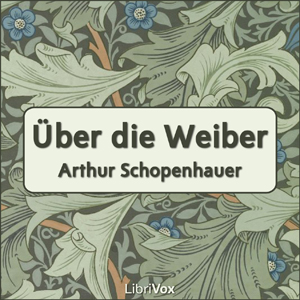- Prefatory Note
- I. Introduction (§ I - IV)
- I. Introduction (§ V-VII)
- II. The Relationship of Thought and Its Subject Matter
- III. The Antecedents and Stimuli of Thinking
- IV. Data and Meaning
- V. The Objects of Thought
- VI. Some Stages of Logical Thought
- VII. The Logical Character of Ideas
- VIII. The Control of Ideas by Facts
- IX. Naive Realism Vs. Presentative Realism
- X. Epistemological Realism: The Alleged Ubiquity of the Knowledge Relation
- XI. The Existence of the World as a Logical Problem
- XII. What Pragmatism Means by Practical
- XIII. An Added Note as to the 'Practical'
- XIV. The Logic of Judgements of Practice - Their Nature
- XIV. The Logic of Judgements of Practice - Judgments of Value I and II
- XIV. The Logic of Judgements of Practice - Judgments of Value III, IV, V
- XIV. The Logic of Judgements of Practice - Sense Perception as Knowledge
- XIV. The Logic of Judgements of Practice - Science as a Practical Art
- XIV. The Logic of Judgements of Practice - Theory and Practice
In this early collection of formative essays, acclaimed American philosopher John Dewey argues that the idealistic, realistic, and analytic schools of philosophy fail to take into account the pragmatic and experimental nature of experience - common to science and practical experience, but alien to the abstract theorizing of coherentist and correspondence theories of logic.
Here we find the essential groundwork for the mature naturalistic and process-oriented metaphysics that Dewey would elaborate in his later mature works such as Experience and Nature and Logic: The Theory of Inquiry.
In his long introduction, Dewey provides a summary and precis of his experimental logic, taking specifically pains to contrast his approach with the emerging analytic logic of Russell and Frege.
Chapters 3-6 take aim at the idealistic logic dominant in his time by providing a close reading and critique of the German logician Hermann Lotze.
Chapters 7-8 argue for the distinction between acquaintance with an external reality and knowledge of that reality.
Rather than disembodied and abstract, Dewey describes a logic arising out of the concrete interactions of organisms embedded within a natural environment. Dewey's logic of experience is essential to an understanding of his various projects, from education, to art, politics, pragmatism, and science.
(Summary by P. J. Taylor)
There are no reviews for this eBook.
There are no comments for this eBook.
You must log in to post a comment.
Log in











